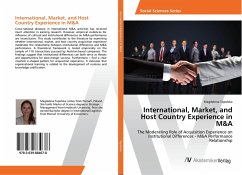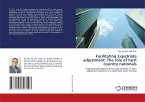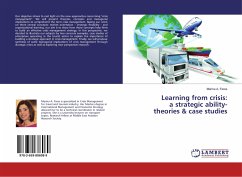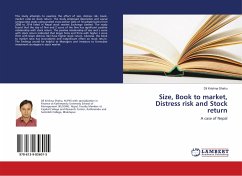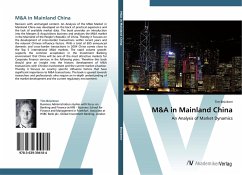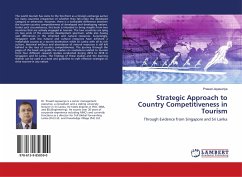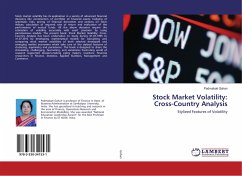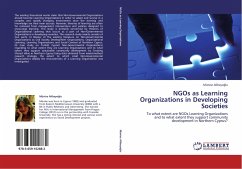Cross-national distance in international M&A activities has received much attention in existing research. However, empirical evidences for influence of cultural and institutional differences on M&A performance are inconclusive. This study contributes to the literature by examining whether international, market, and host country acquisition experience moderates the relationship between institutional differences and M&A performance. A theoretical framework is tested empirically on the sample of 118 transactions pursued by Austrian-based companies. The findings suggest that institutional differences can both serve as threats and opportunities for post-merger success. Furthermore, I find a clear inverted U-shaped pattern for acquisition experience. It indicates that organizational learning is related to the development of routines and knowledge codification.
Bitte wählen Sie Ihr Anliegen aus.
Rechnungen
Retourenschein anfordern
Bestellstatus
Storno

